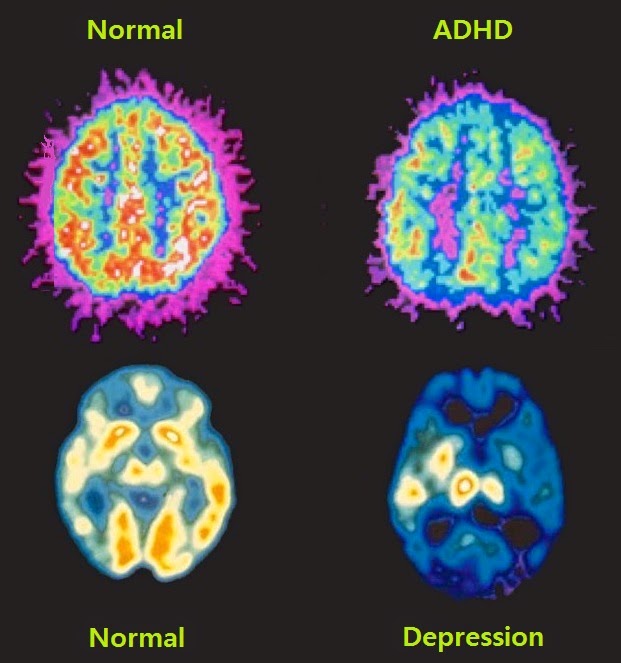It is not uncommon for patients with ADD/ADHD to feel the understandable frustration associated with the inability to achieve much of what they want, it is also more common for ADHD patients rather than their peers to suffer from secondary depression, in fact ADHD patients are over 2.5 times more at risk of depression than others.
The lives of ADHD (Attention Deficit Hyperactivity Disorder) patients are certainly more difficult than that of the general population and since ADHD is a chronic life-long problem, it’s normal for patients to feel depressed and lose hope at any chance of improvement, ADHD poorly handled or left untreated could ultimately lead to depression.
In most cases it’s difficult to distinguish depression from ADHD, some doctors might diagnose patients with depression without identifying the underlying ADHD problem causing the depression since after all the symptoms of both are highly similar, they both lead to mood swings, disrupted sleep, lack of interest and motivation, inability to concentrate, disturbed appetite and overall boredom.
However, there are some important points to look for and identify that could somewhat differentiate one from the other, for example:
– Depression that is secondary to ADHD is usually just a translation of the frustration of the limited capacity to achieve despite having extraordinary mental abilities, the despair of never getting better, and the exhaustion of the struggle to overcome all the obstacles on the way.
– Once ADHD is handled and the feelings of underachieving or limited capacity is overcome, once the ADHD symptoms are improved and the disappointing setbacks are resolved the depression gradually resolves as well.
– Whereas depression that isn’t associated with ADHD is chronic and unrelated to certain problems or inabilities, it might even last for months.
How to handle the co-morbidity of depression and ADHD?
Well, usually when depression is a result of ADHD, the main primary focus would be on ADHD, as once that is improved, the symptoms of depression and low self esteem would also improve.
However, if the depression is severe and highly influential that the patient can not focus on treating ADHD, in this case depression might be addressed first.
In most cases though, the treatment of both ADHD and depression goes simultaneously.
Help Yourself Out:
- Some simple lifestyle changes could significantly improve your condition, one of which is exercise, which is an amazing way to relieve frustration and improve your mood.
- Meditation is thought to help in treating depression and restoring a peaceful state of mind.
- There is also a psychotherapy called Cognitive Behavioral Therapy (CBT), which is thought to be very helpful in treating depression and getting a different and better perspective towards life.
- Try to always find something interesting for you to do when you are feeling out of focus or motivation, the ADHD system loves a good challenge and sometimes you just need to motivate yourself to get better.
- Try to eliminate the negativity and maintain a positive attitude towards life, and know that things will get better with time.



